Introduction
Yes, dogs can eat cereal. However, there are various caveats. First, you need to give the correct type of cereals – no added ingredients (chocolate, nuts, dried fruits), sugars (artificial sweeteners), and additives.
Second, cereals are not found on the dog’s food pyramid, meaning they are not a daily food choice. Third, when the special occasion comes, and you are serving cereals, keep in mind that cereals are not a meal substitute – they are just snacks.
Why is Cereal Good for Dogs?
In moderate, snack-sized amounts, cereals are good for dogs. They are rich in dietary fiber and contain B-complex vitamins. Let’s see why these nutrients are beneficial for dogs.
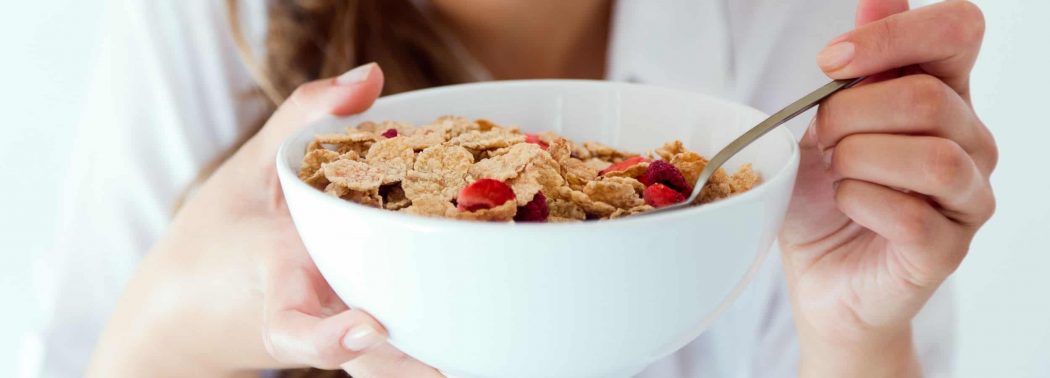
Rich in Dietary Fiber
Cereals, especially if wholegrain, are rich in dietary fiber. Dietary fibers are a micronutrient but critical for the healthy functioning of dogs. Namely, fibers have various roles – they serve as food for the beneficial gut microbiome, support regular digestion, and bowel movements, decrease cholesterol and blood sugar levels, and boost cardiovascular health.
B-Complex Vitamins
Vitamins from the B-complex boost the dog’s immune system and improve its defense mechanisms. They also assist various body processes – cell health, energy levels, normal appetite, good eyesight, healthy brain, and muscle functions.
Stomach-Soothing Effect
Certain types of cereals are stomach-soothing and can be fed to dogs experiencing tummy issues. For example, oats soaked in lukewarm water are perfect first-aid – they are nutritious yet easy on the stomach.
Can Cereal be Bad for Dogs?
Yes, cereals can be bad for dogs. Cereals pose a severe health hazard if they include harmful ingredients and additives. Cereals can also be unhealthy if overfed – served too often or in large amounts.
To emphasize the importance of sticking to the cereal feeding guidelines, you need to understand the potential risks. Let’s review those risks and see why cereals can be bad for dogs.
Toxic Ingredients
Many cereal brands enrich their formulas by adding ingredients like chocolate chips or chunks, dried fruits (raisins, berries), and nuts (almonds, walnuts). While some added ingredients are safe, most of them are highly toxic. Intoxications with chocolate, raisins, and nuts can be lethal in dogs.
Too Much Sugar
Cereals are rich in sugars, and too much sugar is unhealthy. Overeating sugar leads to tooth decay and pancreatitis. It is also possible for sugar to cause hyperactivity episodes in dogs.
Weight Gain and Obesity
Despite their popular association with weight loss and healthy lifestyle food, cereals can contribute to weight gain. This is particularly true if they contain added sugars or if fed excessively. Obesity is not a disease, but it negatively impacts the quality of life and increases the risk of various potentially fatal diseases.
Food Intolerance
Food intolerances are a growing concern among dogs. When it comes to cereals, these issues are necessary because of two factors. First, some dogs are intolerant to grains. Second, almost all adult dogs are lactose intolerant which is troublesome if planning to feed the cereals soaked in milk.
Choking Hazard
It is no secret that dogs are not keen chewers – they gulp down their food as fast as possible. Therefore, most cereals pose a choking hazard, especially if several pieces clump together. All it takes is one small clump to enter the wrong pipe and make your dog choke.
How Much Cereal Can My Dog Eat?
As mentioned, cereals are not a meal substitute – they are a simple snack and, therefore, should be served in a snack-sized portion. The serving size for a medium-sized dog would be a handful of cereals once every two weeks.
While cereals are safe for dogs, they should not be fed to young puppies. Keep in mind that puppies have particularly sensitive tummies, and any new food can make them upset.
How to Prepare and Serve Cereal for Your Dog?
Before preparing and serving, you need to go shopping. And it would be best if you were mindful about the cereal product you will choose. Keep in mind that not all cereals are equally safe for dogs.
As a general rule of thumb, stick to cereal varieties made for adults (child versions are loaded with sugars). Also, avoid cereal options that contain toxic ingredients like chocolate, nuts, and certain dried fruits (raisins).
Once you buy the dog-friendly cereals, you can serve them as crunchy treats. Alternatively, if your dog prefers wet foods, soak the cereals in water or plant-based milk (do not forget that dogs are lactose intolerant).
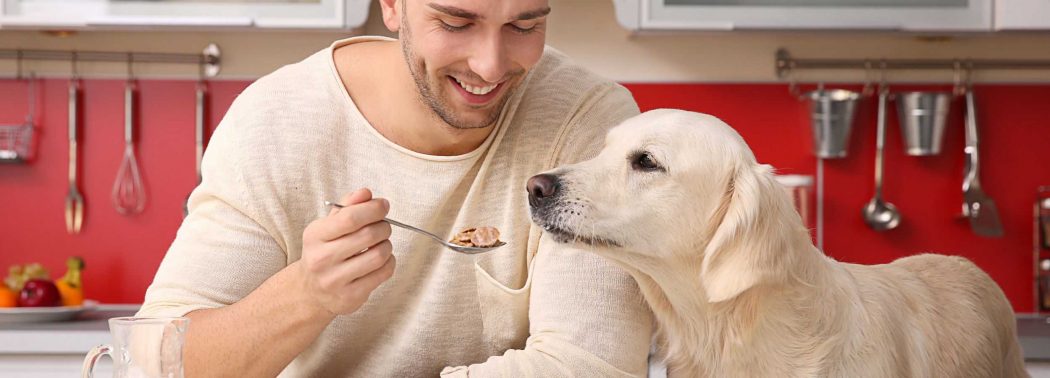
Frequently Asked Questions
No, dogs must not eat cereal with milk. While cereals are safe on occasions, milk is never a good idea for dogs. Most dogs are lactose intolerant, and even small amounts of milk can be really unhealthy.
Dogs can eat cereals like Bran Flakes, Cheerios, Cinnamon Toast Crunch, Corn Flakes, Rice Chex, Special K, Grits, Honey Bunches of Oats, and Rice Krispies. On the other hand, dogs must not eat Cocoa Puffs, Lucky Charms, Fruit Loops, Raisin Bran, and Reese’s Puffs as they contain toxic ingredients.
Yes, Cheerios are among the dog-friendly cereals for dogs. They are not directly harmful, but they are not exceptionally nutritious either, meaning Cheerios can be used occasionally as crunchy snacks. The Chocolate and Almond Cheerios variety are not safe for dogs.
Summary
The number one go-to breakfast meal is safe for dogs. However, if planning to share the cereals with your dog, it is advised to stick to healthier cereal alternatives rather than the colorful, sugar-loaded children options.
Cereals can make an occasional crunchy snack for dogs. They are rich in dietary fiber and specific vitamins and minerals. However, they are not a meal substitute and must be combined with complete and nutritionally balanced diets.
Sources
- Can Dogs Eat Oatmeal, and Should They?, Rachael Link, 2020
- People Foods to Avoid Feeding Your Pets, ASPCA, 2020
- Food intolerance in dogs and cats, J. M. Craig, 2018
- Quality of life is reduced in obese dogs but improves after successful weight loss, A.J.Germana, S.L.Holden, 2012
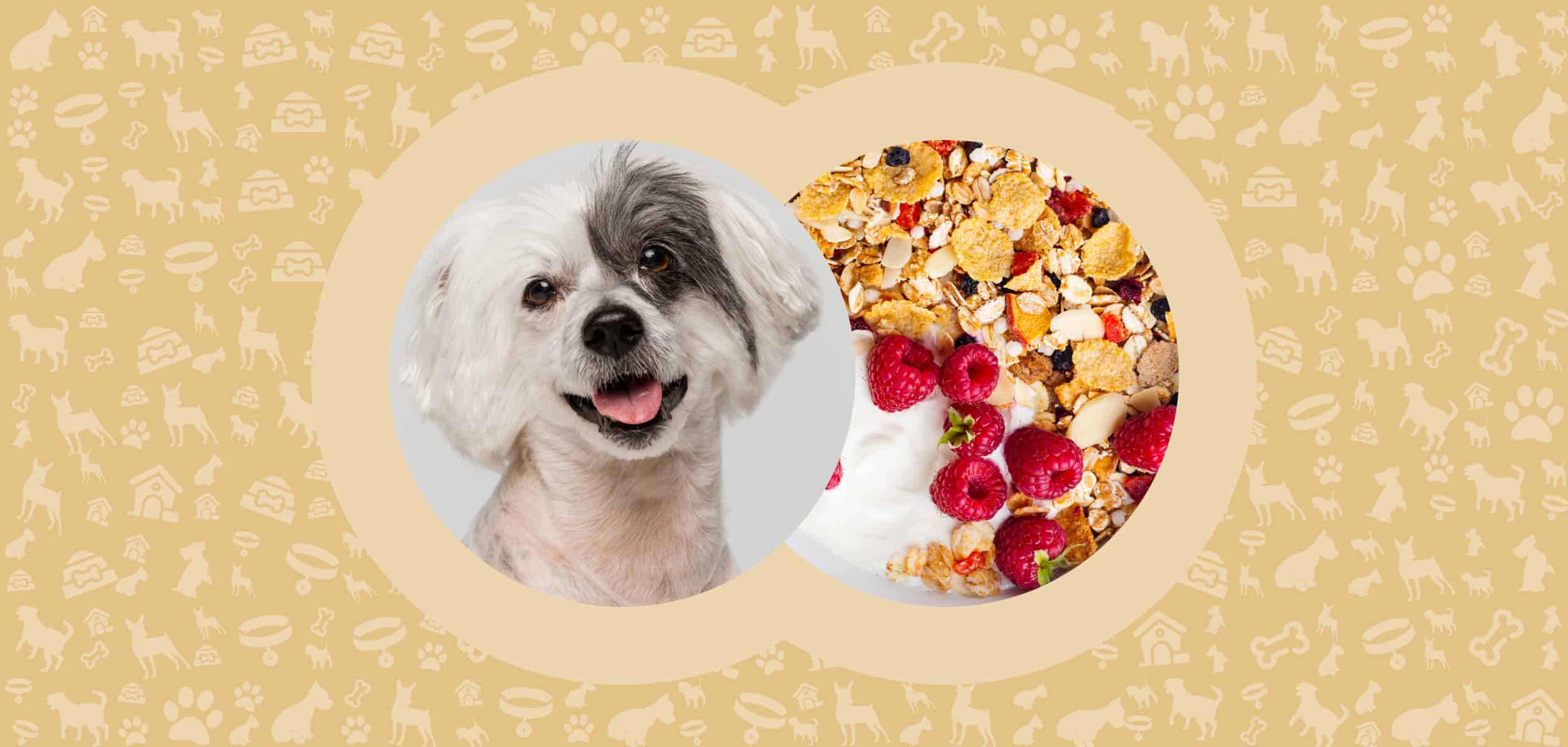
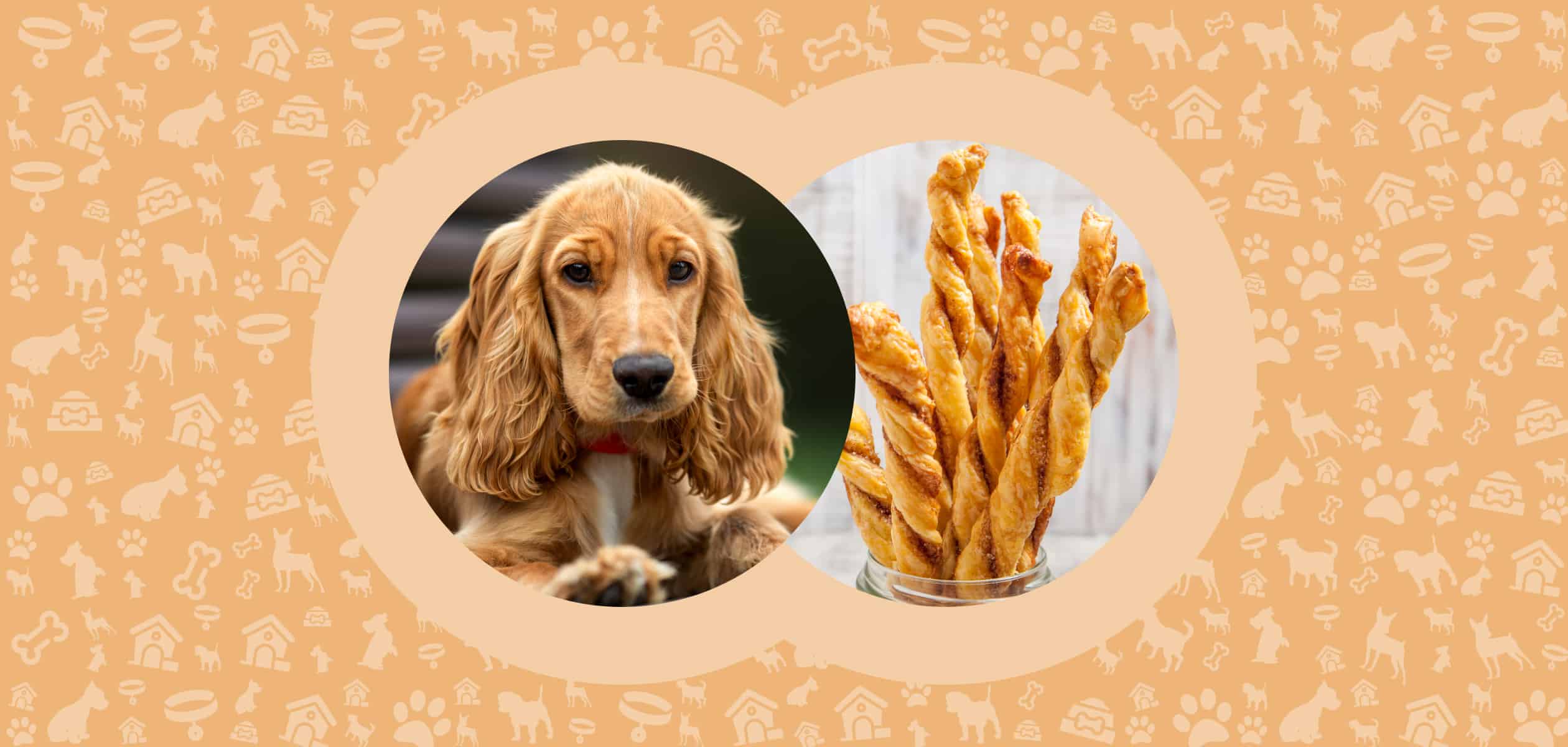
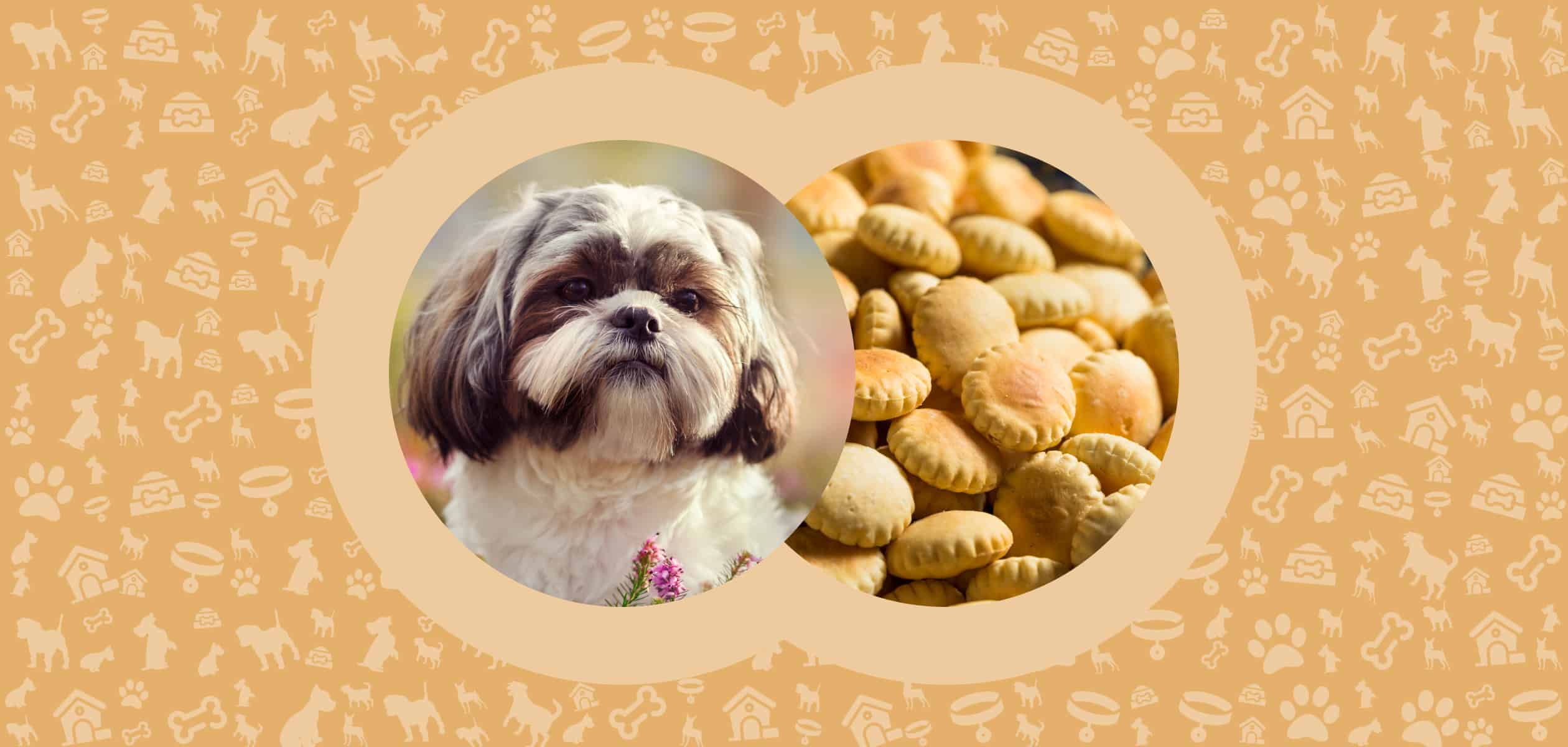
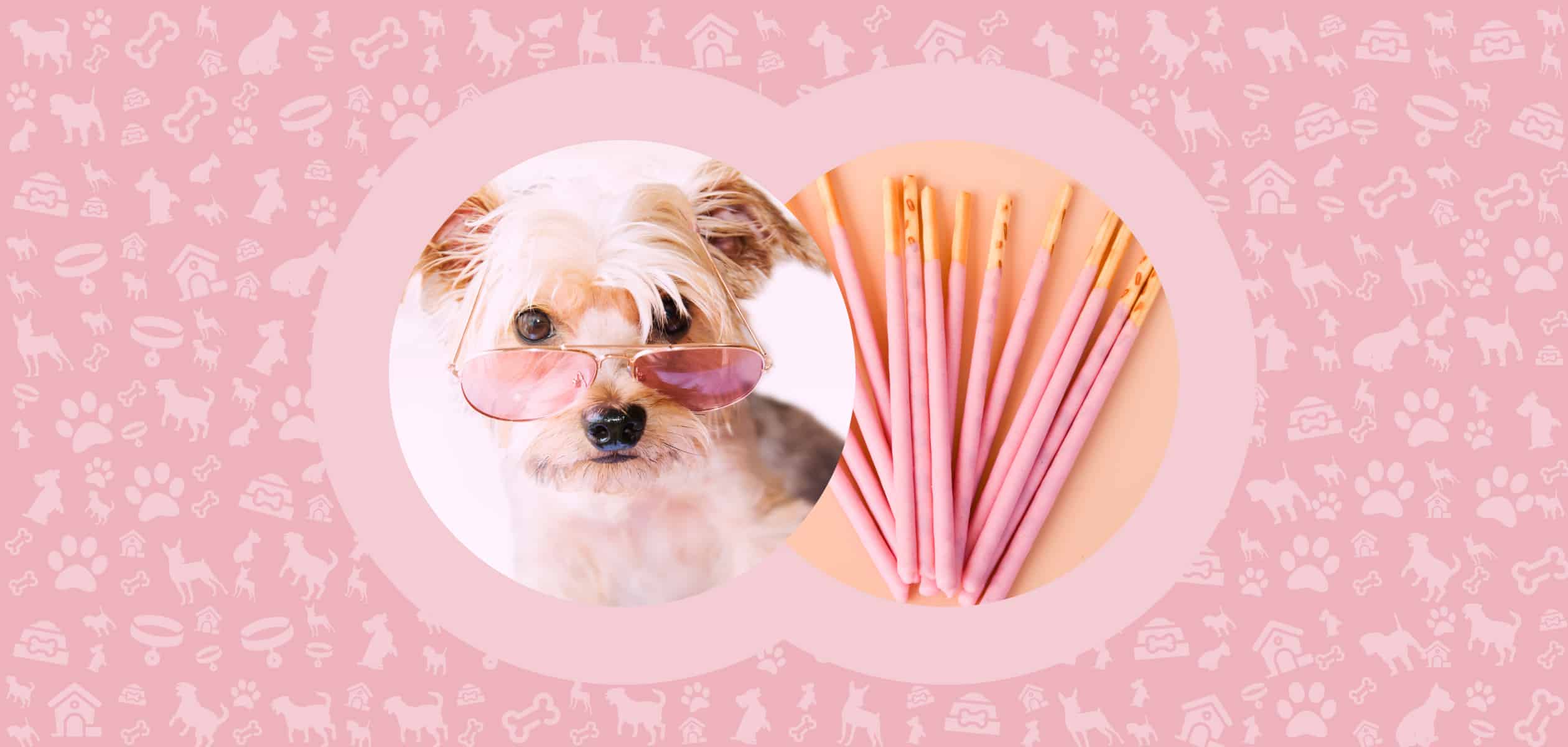
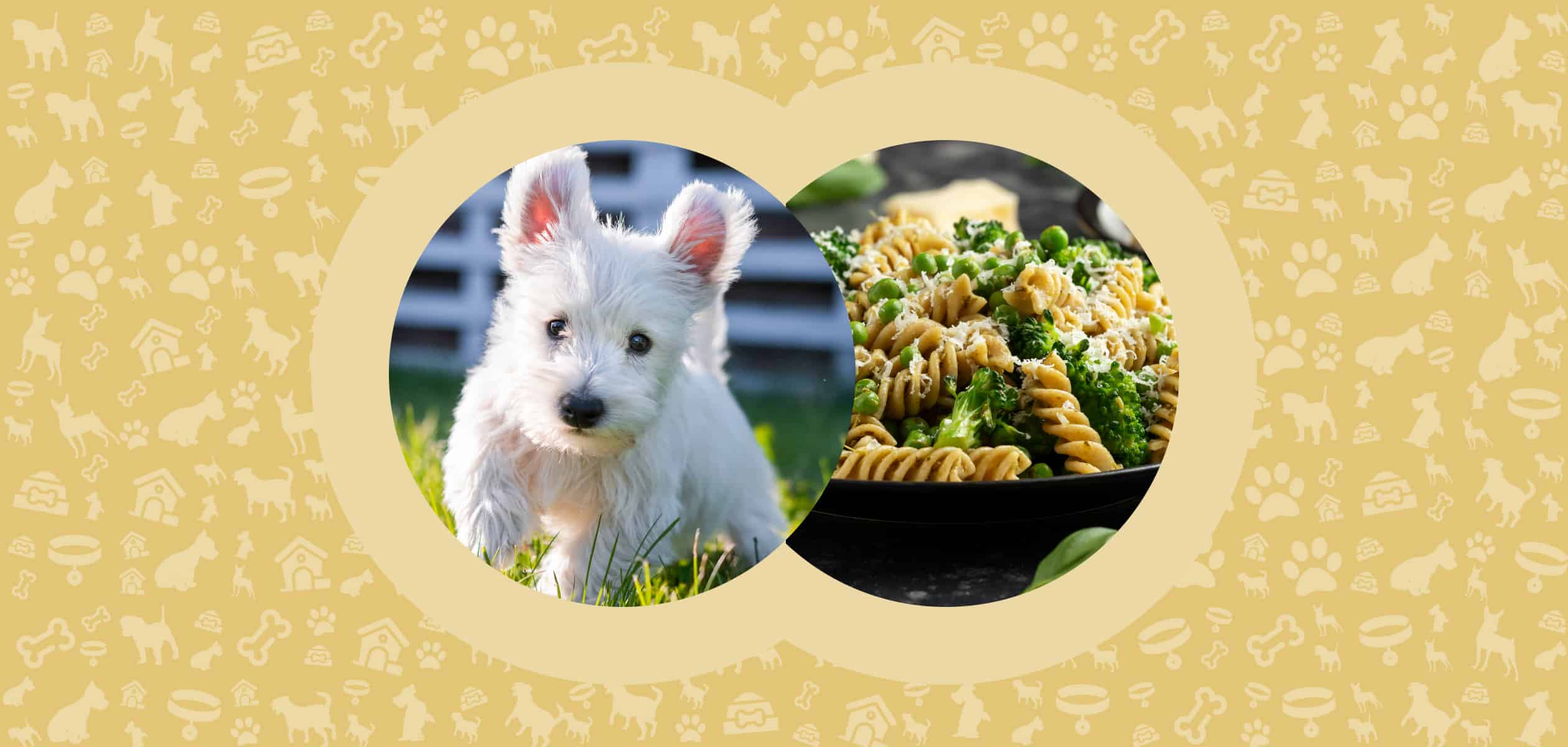
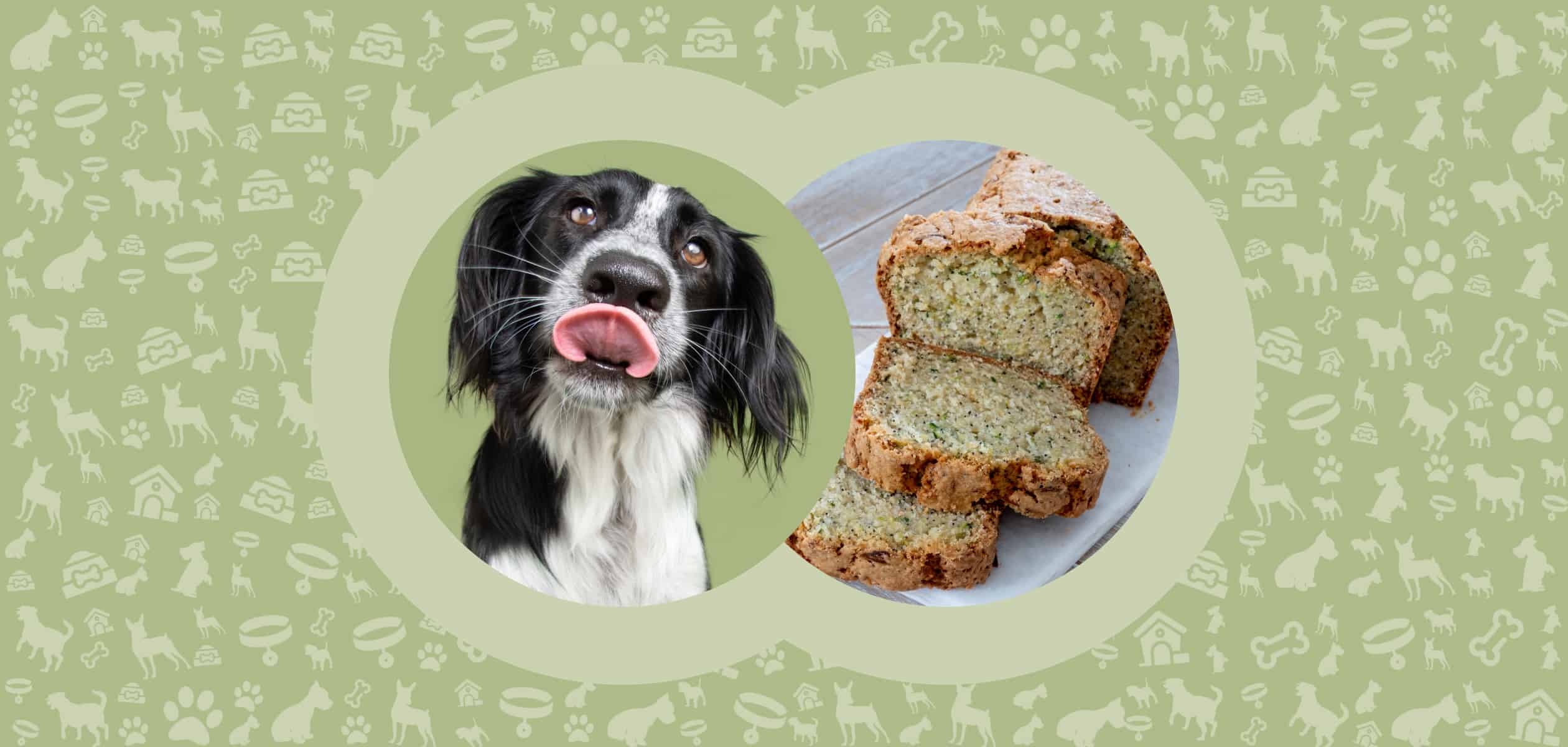
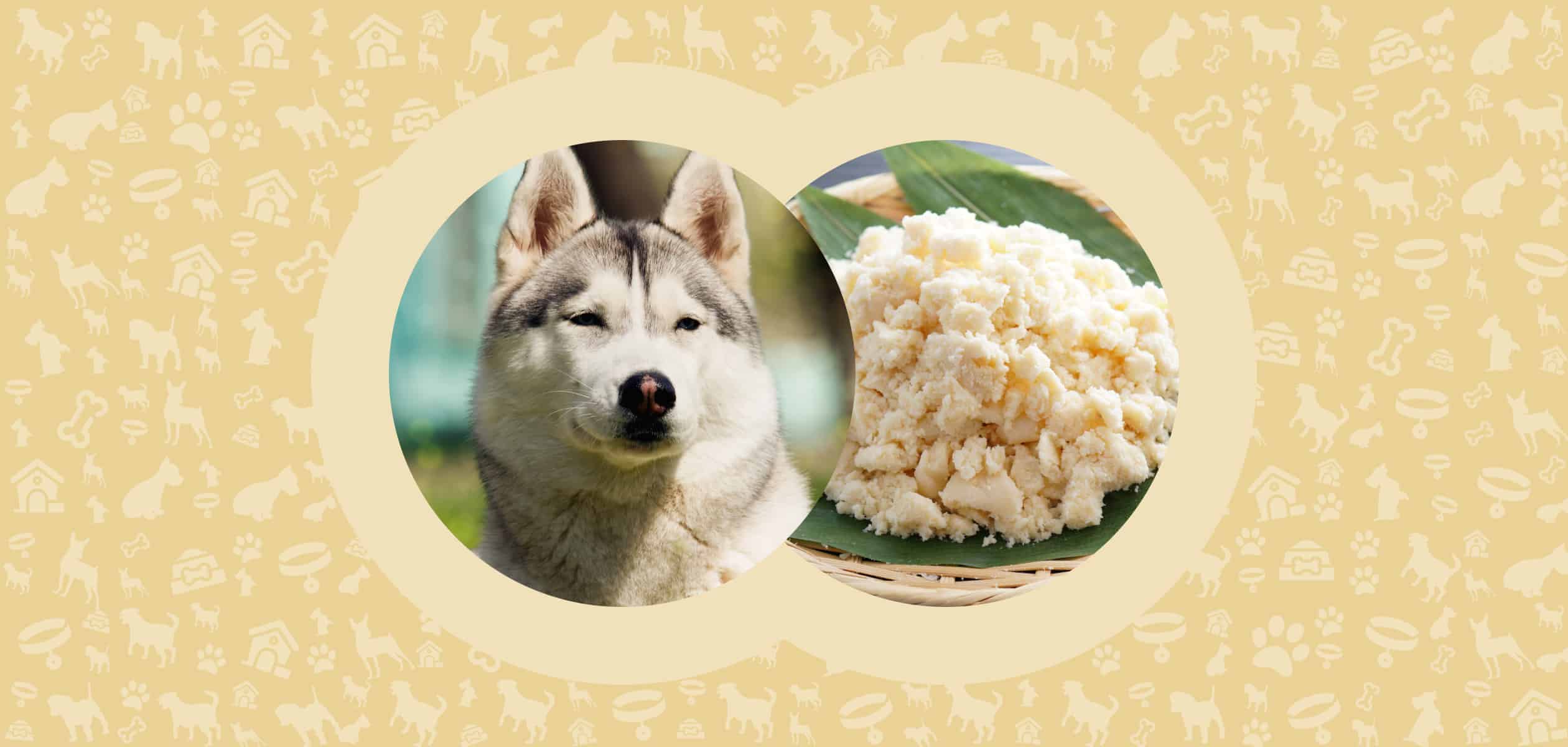
Leave a Comment